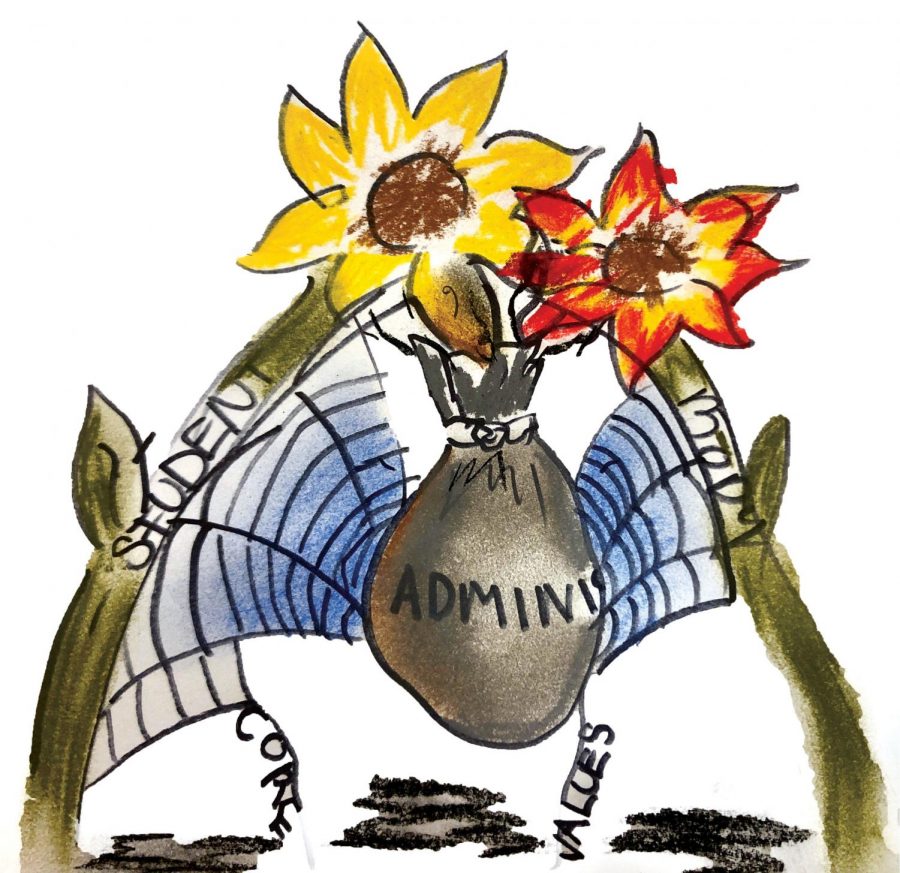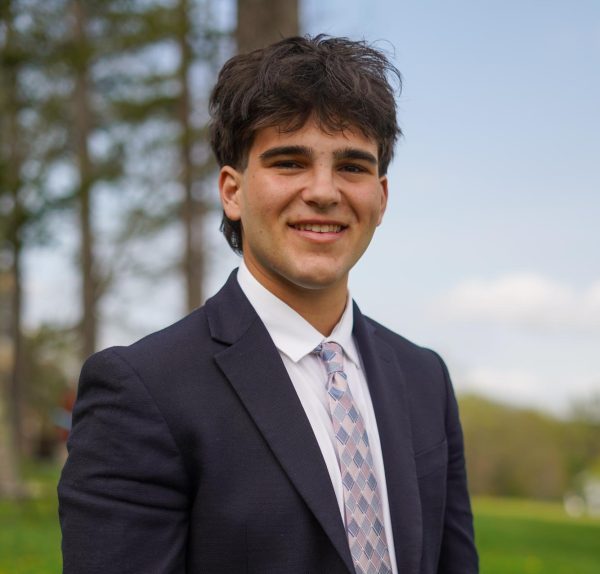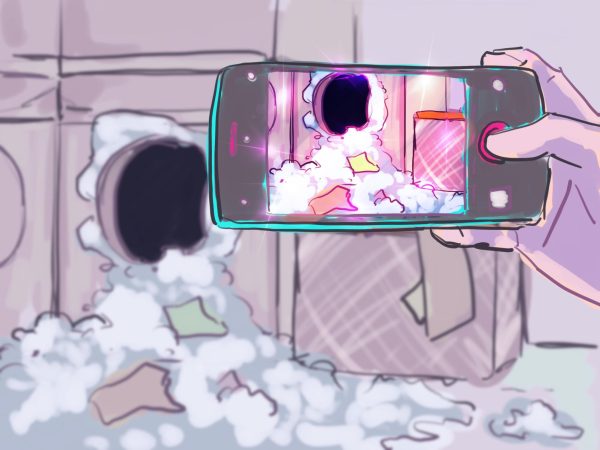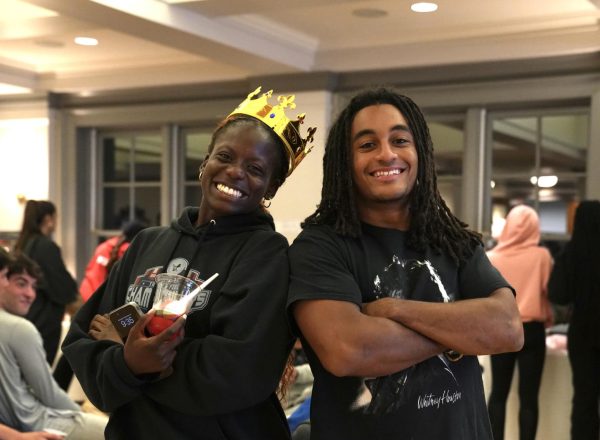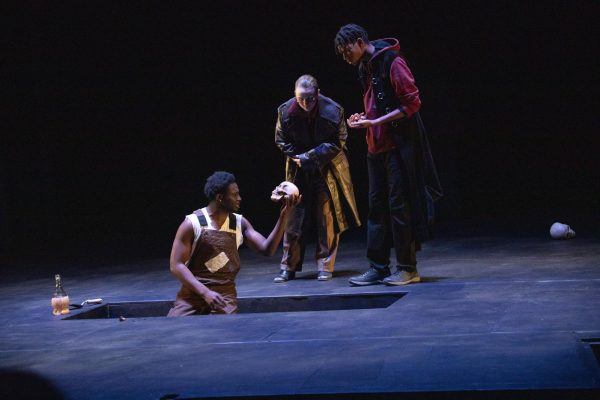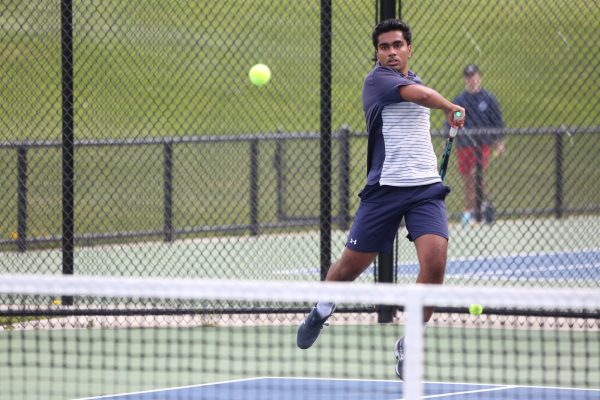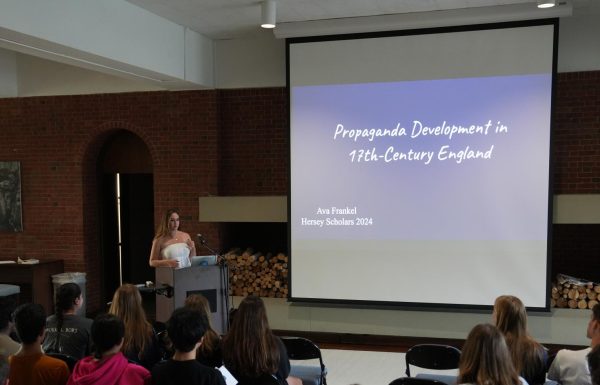Improving Administration-Student Relations
In the past year, the administration has made changes to the inter-dorming policy, the sleepover policy, Taft Week, the policy on vaping, and the disciplinary process. Each of these changes was in response to an event or cultural habit at the school. Although some of these changes may have been justified, the administration has sometimes struggled to connect with the students when making them. Additional steps need to be taken in order to mend the relationship between the administration and student body as well as to align the administration’s decisions with our school’s values.
The Hotchkiss administration can feel like a faceless entity, because it lacks a personal relationship with students at Hotchkiss. As a result, “the administration” is a term that can carry pejorative connotations. In a series of discussions with administrators around the school, I discovered differing opinions on the role of the administration as well as a wide range of opinions on discipline and policy changes. This is troubling, because when a community’s decision-making body lacks cohesion, so does its community.
A unified culture begins with a solid understanding of who we are and who we want to be, based on our mission and values. Our community, however, seems to be confused about what we stand for. Most people I talked to could not articulate our school’s mission, and some left out key values described in it.
Our mission statement says we should strive for “excellence in imagination, intellect, openness, personal integrity, empathy, and responsible citizenship.” The school says it seeks “students who show extraordinary character, independence, and good citizenship.” Once at the school, these values are supposed to be reinforced by classes, sports, and extracurricular activities. However, our mission statement has almost no role in daily life. Dr. Arthur Gibb, dean of community life, says the mission is “designed for discussions aimed at reinforcing the community,” but the mission and values are written only on our website and few students are able to name the key values.
When I attended Indian Mountain School, I felt that the student body reflected its core values. The Head of School, Jody Soja, often incentivized students to live up to its mission – “life through service” – with cards of appreciation and recognition, among other things, assuring students that they could leave a positive impression on the school community. Each day, my peers happily helped the dining staff clean dishware in the dining hall and assisted other struggling students. When I graduated from IMS, I left a community that wanted to work with the administration and joined one that was ready to fight it.
Ultimately, it comes down to a disconnect between the students at our school and their governing body. Many students are unclear as to what the administration does or what it should be doing, and the only moments in which discussion occurs is when a policy is poorly implemented. The ways the administration has addressed these moments in the past have caused community backlash in the form of fishbowls, op-eds, and calls for change, highlighting the “us vs. them” mentality that exists in our community.
A body of independent citizens, each full of intellect, creativity, and empathy, is bound to have insightful ideas for change. Some students want a change in leadership and believe certain administrators are unfit for their positions, and some students believe that a proactive mindset, contradicting the current reactionary decision-making process, would guide us to a healthier culture – one that inspires our divided community to grow into a more unified one.
One of the positive changes that I have heard is in the planning phases include adjustments to the Disciplinary Committee to focus on each student’s specific circumstances instead of making blanket rulings for all cases. Dr. Gibb made it apparent that he envisions the administration as a parent-surrogate for the students, which can support and benefit the community but lay down the rules as our parents would. The only qualm I have is that each student here has a different idea of “parents,” but it is a great direction to move in, because it shows the administration is trying to be progressive and proactive. The more we demand change, the more change there will be, so, while it is not our responsibility to make changes, we are obligated to find the cracks in our community so that the administration can work toward filling them.

